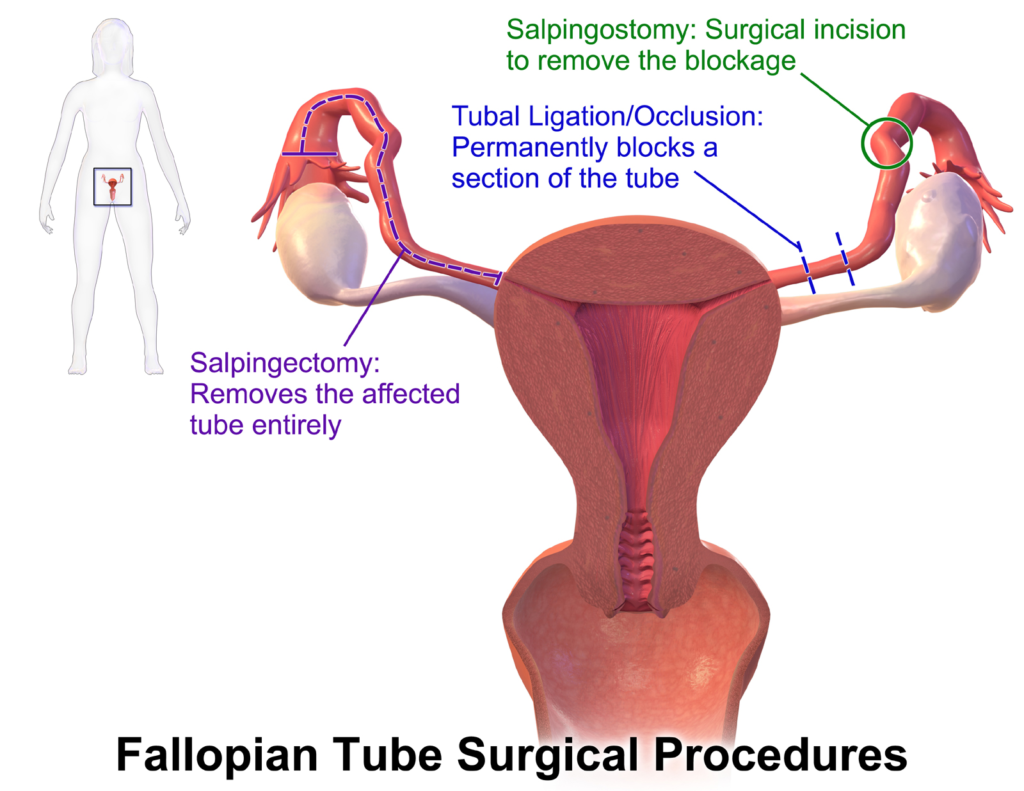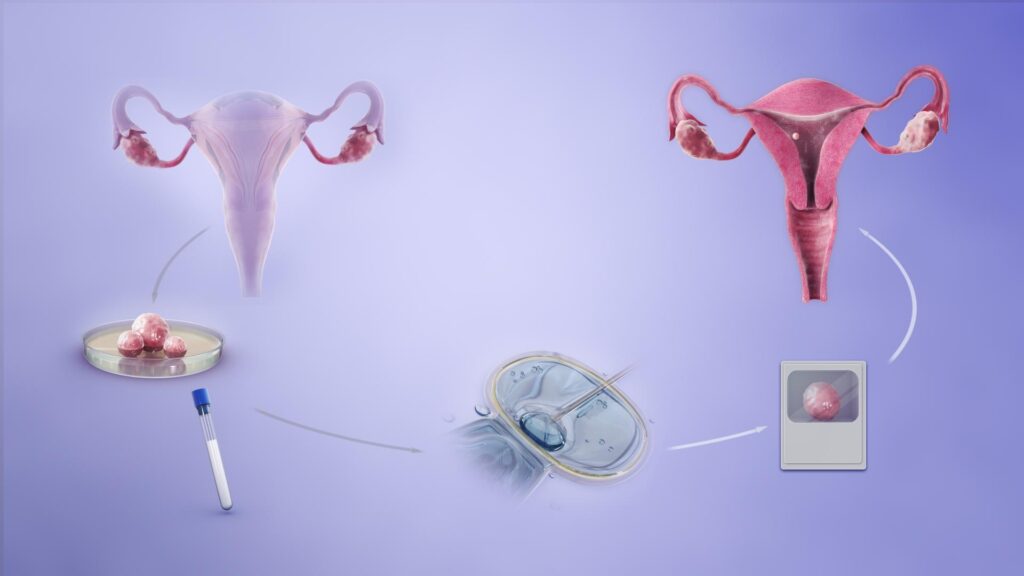Advantage and Disadvantage of IVF :
What You Need to Know Before
For someone who has been struggling with infertility it is heart-wrenching to try and conceive a child without success. It can feel like the entire world is against you, like your own body is betraying you. However, modern medicine has come a long way in helping those struggling with infertility, and one of the most promising treatments available today is In Vitro Fertilization (IVF).
IVF is a revolutionary medical miracle for infertility treatment that has helped millions of couples around the world to conceive children they may have never been able to have otherwise. In this article, we will explore both advantages and disadvantages of IVF, from its high success rates to its ability to help couples overcome a wide range of fertility challenges to its side effects.While IVF has its advantages, it’s important to also consider the potential disadvantages that come with this medical intervention.

Following are the advantage of IVF:
- IVF has a very high success rate: when it comes to helping couples conceive,the success rates do vary depending on factors such as the age of the woman and the cause of infertility, the overall success rate for IVF in the United States is around 40%. That means that four out of every ten couples who undergo IVF treatment will conceive a child. That’s a remarkable success rate, especially considering the many challenges that couples struggling with infertility often face.
- Help with Blocked or damaged fallopian tubes: IVF has ability to help couples overcome a wide range of fertility challenges. For example, IVF can be used to help women who have blocked or damaged fallopian tubes, which can make it difficult or impossible for them to conceive naturally. IVF can also be used to help couples where the man has a low sperm count or poor sperm motility, as well as couples where the woman has endometriosis or polycystic ovary syndrome (PCOS).

- The IVF treatment process is very flexible, which can be tailored to meet the unique needs of each individual couple. For example, some couples may choose to undergo a single cycle of IVF, while others may need to undergo multiple cycles in order to achieve a successful pregnancy. Additionally, IVF can be combined with other treatments, such as intracytoplasmic sperm injection (ICSI), to increase the chances of success.

- Biologically conceived: IVF process allows couples to conceive children who are genetically related to them. This can be especially important for couples who have struggled with infertility for years, as they may feel like they are missing out on the experience of having biological children. With IVF, however, couples can conceive children who are biologically related to them, which can be a powerful source of emotional healing.
Disadvantage of IVF
- Affects Mental Health:One of the biggest emotional disadvantages of IVF is the toll it can take on a couple’s mental health. The stress and anxiety of the procedure can be overwhelming, as couples may worry about the physical and financial risks of the process. The waiting period between cycles can also be emotionally taxing, as couples wait to see if the procedure was successful.
- Another emotional disadvantage of IVF is the potential for disappointment and grief if the procedure is not successful. Couples who have invested time, money, and emotions into the procedure may feel devastated if it does not result in a pregnancy. This can lead to feelings of guilt, self-blame, and even depression.
- Affects Physical Health: IVF can also be a physically taxing procedure for women. The medications used to stimulate egg production can cause physical side effects such as bloating, headaches, and nausea. The actual egg retrieval process can be painful and uncomfortable, and the implantation procedure can cause cramping and bleeding.
- Multiple Pregnancies: Another physical disadvantage of IVF is the potential for multiple pregnancies. IVF often involves implanting multiple embryos to increase the chances of success, which can result in twins, triplets, or even higher-order multiples. While this may seem like a blessing, it can also be a significant physical and financial burden for the parents.

- Financial disadvantage: The procedure is often expensive, and it is not always covered by insurance. The cost can be a significant burden on a couple’s finances, and the financial strain can add to the already stressful situation of trying to conceive.
In conclusion, there are many advantages to IVF as a treatment for infertility. From its high success rates to its ability to help couples overcome a wide range of fertility challenges, IVF has helped millions of couples around the world to conceive children they may have never been able to have otherwise. While IVF can be a life-changing procedure for couples struggling with infertility, it’s important to consider the potential emotional and physical disadvantages. It’s important for couples to weigh the potential benefits against the risks and to make an informed decision that is right for them.If you are struggling with infertility, you can ask your doctor if IVF may be a good option for you. Remember, there is always hope, and IVF may be the key to helping you start the family of your dreams.
